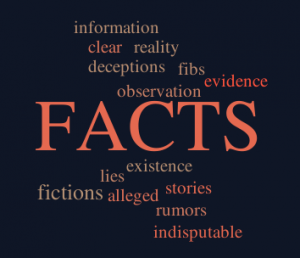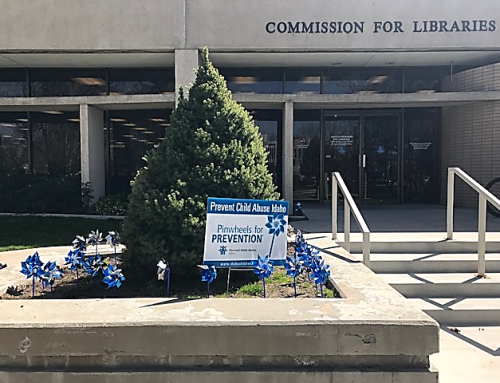 The first known use of the term fact-check was in 1973, during the Watergate Scandal. At that time, it was journalists who were most concerned with verifying that a story or statement was true. These days, all of us need to be on the lookout for fake news, bots posing as humans, and incentivized reviews that we see on a daily basis. Even Daniel Radcliffe is fact-checking of late.
The first known use of the term fact-check was in 1973, during the Watergate Scandal. At that time, it was journalists who were most concerned with verifying that a story or statement was true. These days, all of us need to be on the lookout for fake news, bots posing as humans, and incentivized reviews that we see on a daily basis. Even Daniel Radcliffe is fact-checking of late.
To make fact-checking a little easier, here are a few tools for libraries to try out.
- NewsGuard employs a team of professional journalists — not bots — to verify thousands of news websites. A bot is a software application that runs automated tasks (scripts) over the Internet. NewsGuard’s analysts research online news brands to help readers and viewers know which ones are trying to do legitimate journalism, and which are not. You can install the NewsGuard plugin in your Google Chrome, Microsoft Edge, Mozilla Firefox, or Apple Safari browser with one click. Learn more about NewsGuard at https://www.newsguardtech.com/.
- AllSides is a news service that provides multiple angles on the same story, so readers get the full story, not just one side of it. AllSides empowers readers to be informed, understand, and decide for themselves. Get the full story on AllSides at https://www.allsides.com/unbiased-balanced-news.
- Bot Sentinel is a browser extension and search tool that tracks propaganda trollbot accounts and fake news Twitter accounts that spread disinformation. This free platform flags bots to help the reader tell real news from fake. Get the 4-1-1 on Bot Sentinel at https://botsentinel.com/.
- Fakespot‘s app and Chrome extension provide a new way of filtering products to find out what real users are saying about the products they want to buy. While many product reviews are genuine, some are incentivized. An incentivized review is one where an employer offers incentives to employees in exchange for reviews. Fakespot analyzes product reviews and checks verified purchases to spot suspicious patterns and incentivized reviews. Check out Fakespot at https://www.fakespot.com/.
- Snopes.com was founded in 1994, during the early days of the World Wide Web. Since that time, Snopes has come to be regarded as “an online touchstone of research on rumors and misinformation.” Readers can subscribe to the Snopes newsletter, which shares the latest debunking work of the Snopes staff. Snopes is now fact-checking and debunking at https://www.snopes.com/.
- Media Bias/Fact Check (MBFC News), founded in 2015, is an independent online media outlet. MBFC News is dedicated to educating the public on media bias and deceptive news practices. Check for bias at https://mediabiasfactcheck.com/. Thanks to Paul Philbin at the University of Vermont for the recommendation. Paul includes MBFC News in a review he recently wrote for Choice: http://www.choiceconnect.org/review/magprint/207771.
If you have a favorite fact-checking tool that does not appear on this post, please let me know.
The Idaho Commission for Libraries does not provide IT advice. Please consult with your library’s IT professional before installing any product on your library’s computers.




